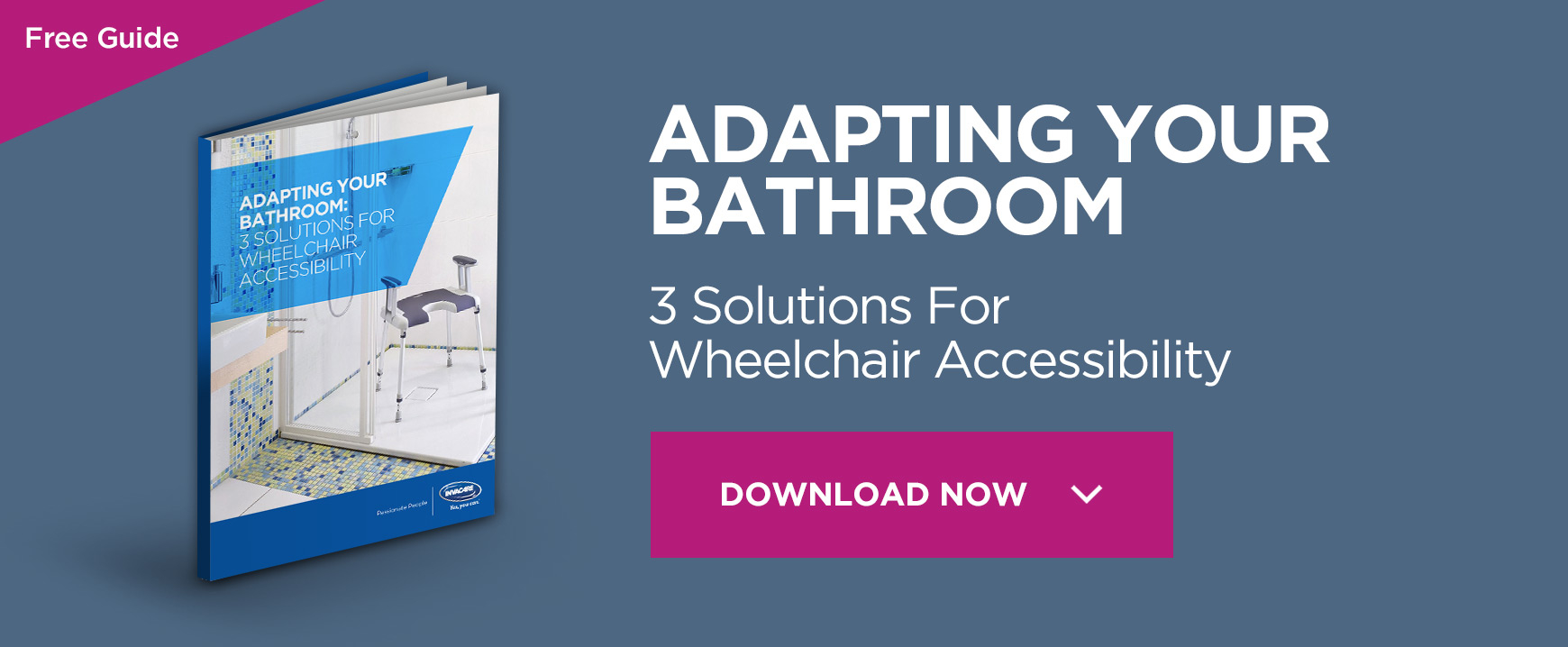Caring for a disabled child – what are my rights?

Parents caring for a disabled child can often find it challenging to establish rights equal to individuals caring for dependents of other ages.
This could be down to a perception of the parent being duty bound to manage their child’s care need regardless of the consequences on their own health, an apathy within law/legislative circles or indeed a consequence of often very complex situations where one ‘rule’ cannot simply apply to all and the lack of understanding thereof.
The Chronically sick and disabled children Act 1970 stipulates that families caring for a disabled child must be provided with an assessment of need. However, what parents often experience is that this means they are not treated as individuals in their own right.
This violated the parents Human Rights which states that government and public organisations must treat everyone equally, with fairness, dignity and respect.
This resulted in countries such as the UK developing a framework/legislation (in the UK known as The Care Act in conjunction with The Childcare Act) which changes the rights of the carer.
Carer assessment
One of the major changes as a result of The Care Act 2014 was the legal right for carers to receive an assessment as an individual in their own right. This should consider the psychological, physical and emotional needs of the carer in supporting the disabled child.
Resources
If we consider that the Human rights acts talks about equality and fairness then government and public organisations should provide carers for disabled children with the ability to learn, work and experience life equally without fear of financial deprivation, leading to social isolation.
What this obviously does not mean is that we expect governments and local authorities to throw money at us. What it means is that opportunities should be afforded that allow you to earn and contribute as any other parent/guardian would.
To support this carers of disabled children as with carers of non-disabled children have the right to request flexible working which allows them to fit employment and education into their lives rather than the other way round.
Specialist appointments should be available at times that suit the routines of the carer & disabled child.
Childcare should be available by agencies with the specialist training and/or skills to meet the needs of the disabled child.
Environment
Whether the child has physical, mental, emotional or psychological ill-health it is often the environment that remains the disabling factor.
Environments that do not support the child’s needs then become disabling rather than enabling.
Changes to these environments can be critical to supporting the child’s independence, development and safety but are often costly too. For all adaptations assessed as required through a local authority you are entitled to a financial assessment of need which determines how this cost is met. Means testing therefore has a range of outcomes from ‘no cost’ through to ‘all costs’ and everything in between being placed on the family/individual. It is therefore critical to understand the means testing process and your own governments/local governments’ interpretation on legislation and finding streams.
Undoubtedly legislation will change from one country to the next, indeed even within countries from one region to the next. However, the starting point for all legislation of this type which then dictates your options is the Human Rights Act. Although not adopted legally internationally it is widely accepted as a foundation for the values of equality and rights.







